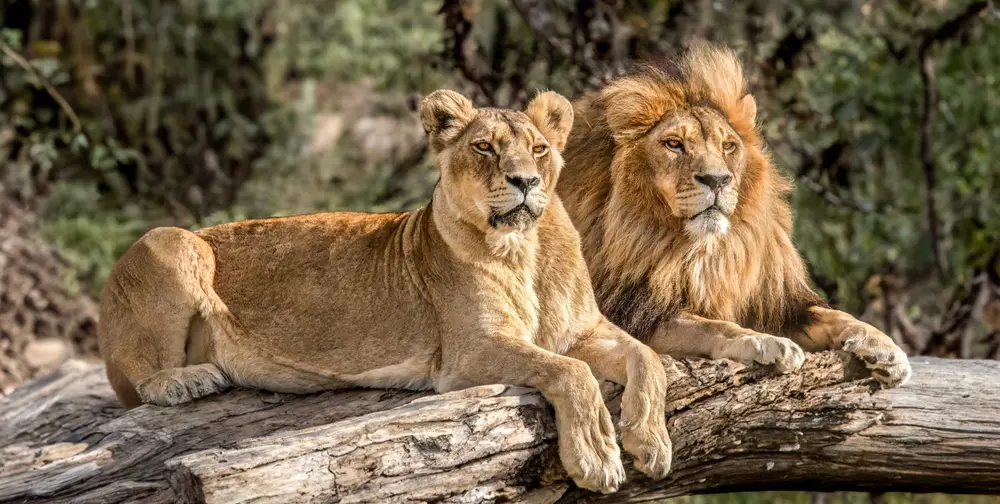Ever feel like your friend group resembles a chaotic lion pride more than a harmonious circle of pals? You’re not alone. Friend dynamics can often mirror the wild personalities and behaviors found in nature, especially when it comes to lions. These majestic creatures are known for their complex social structures, and surprisingly, they share some traits with your social circle. Let’s dive into why your group might feel more like the savannah than a cozy living room.
1. There’s A Dominant Leader
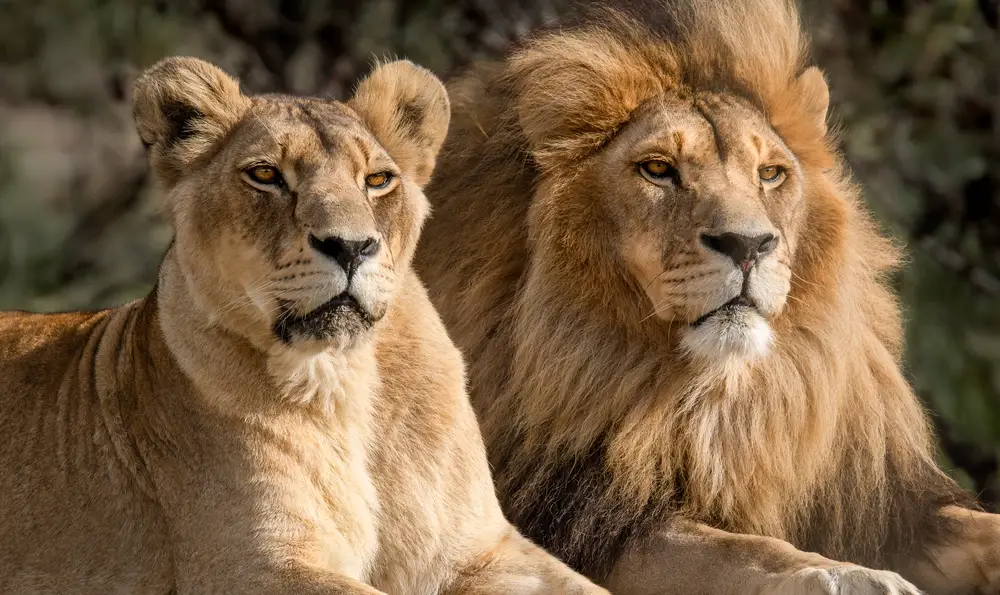
Every group has that one person calling the shots, whether everyone likes it or not. In a lion pride, it’s the alpha male or female who keeps things in check. Your friend group’s dominant leader might not rule with a roar, but their influence is undeniable. This person decides meeting spots, dinner plans, and sometimes even the group’s mood. According to Dr. Amy Cuddy, a social psychologist at Harvard Business School, human leaders naturally emerge in social settings, often based on traits like confidence and the ability to make decisions quickly.
However, unlike lions, human leaders don’t always inspire unwavering loyalty. Sometimes, the rest of the group will follow begrudgingly, leading to underlying tension. Maybe their choices aren’t everyone’s cup of tea, or perhaps their authority isn’t entirely earned. This can lead to passive-aggressive comments or subtle power plays. Maintaining balance is crucial, just like in a lion pride, to prevent things from spiraling out of control.
2. There’s A Hierarchical Structure
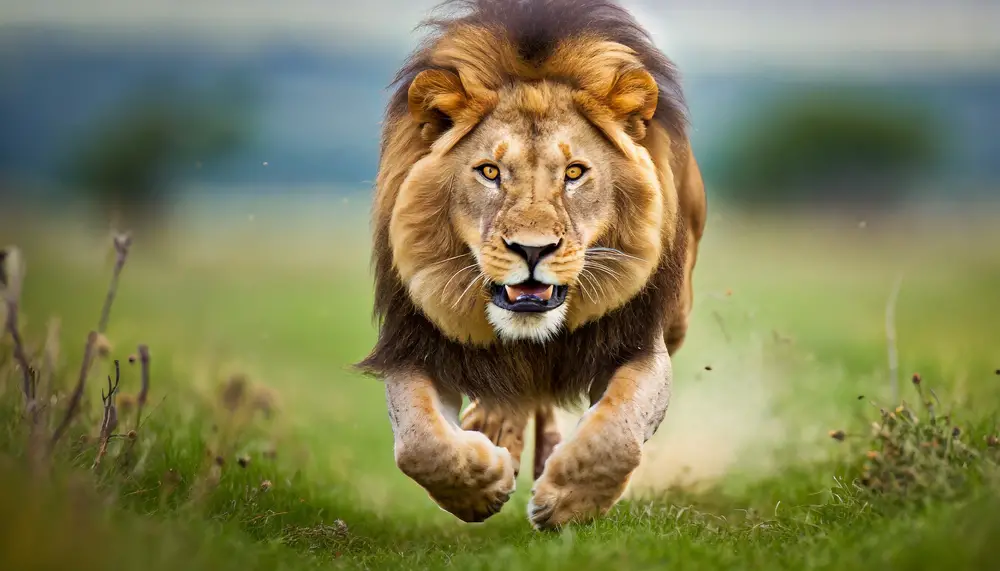
Lion prides thrive on a structured hierarchy, and so does your friend group. From the veteran member who’s been around since the start to the newbie trying to fit in, everyone has their place. This structure helps maintain order but can also cause friction. When someone tries to rise too quickly or oversteps their role, it can ruffle feathers.
Your group might not have formal titles, but everyone knows who’s who. This unspoken ranking system dictates everything from who sits where at dinner to who organizes group outings. It’s a delicate balance, easily disrupted by shifts in friendship dynamics. A new romantic relationship or a job change can send ripples through the group, challenging the established order.
3. There Is Exclusion At Play
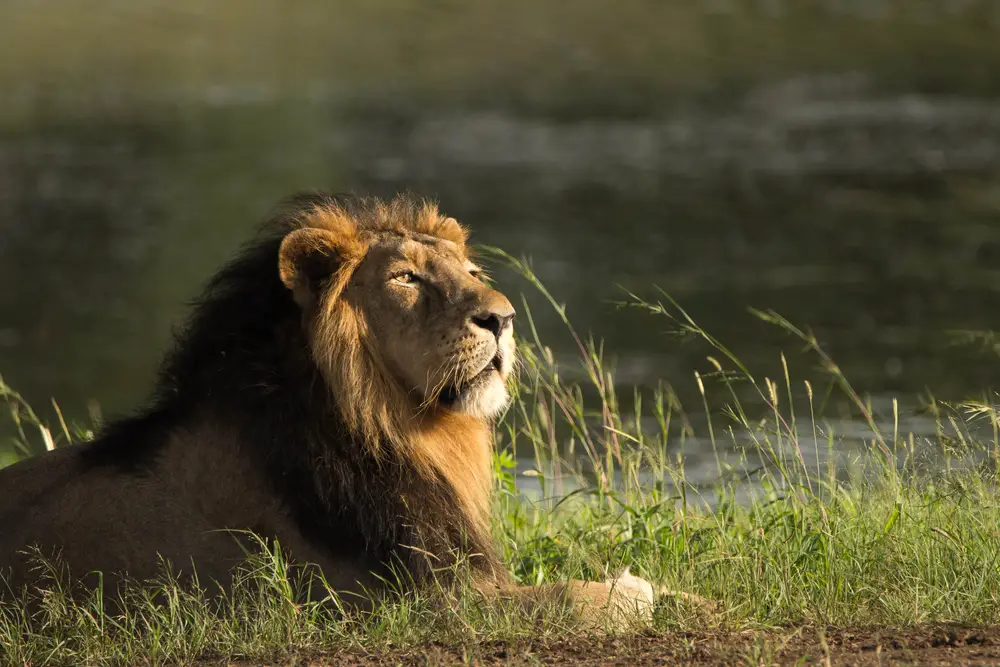
Just like lions groom each other to strengthen bonds, humans have their own social grooming rituals. These might include sharing memes, planning outings, or simply checking in with each other. It’s these small acts that keep the group cohesive and connected. Not surprisingly, a study published by the journal Evolutionary Psychology found that social grooming among humans is linked to better mental health and stronger social connections, echoing the benefits seen in lion prides.
However, not everyone may participate equally in these rituals, leading to feelings of exclusion or resentment. Some members might be more invested in maintaining the group’s cohesion than others. This can lead to tension when certain people feel like they’re doing all the heavy lifting. It’s important for everyone to contribute to these bonding activities to maintain a healthy and functional group dynamic.
4. They Are Threatened By Outsiders
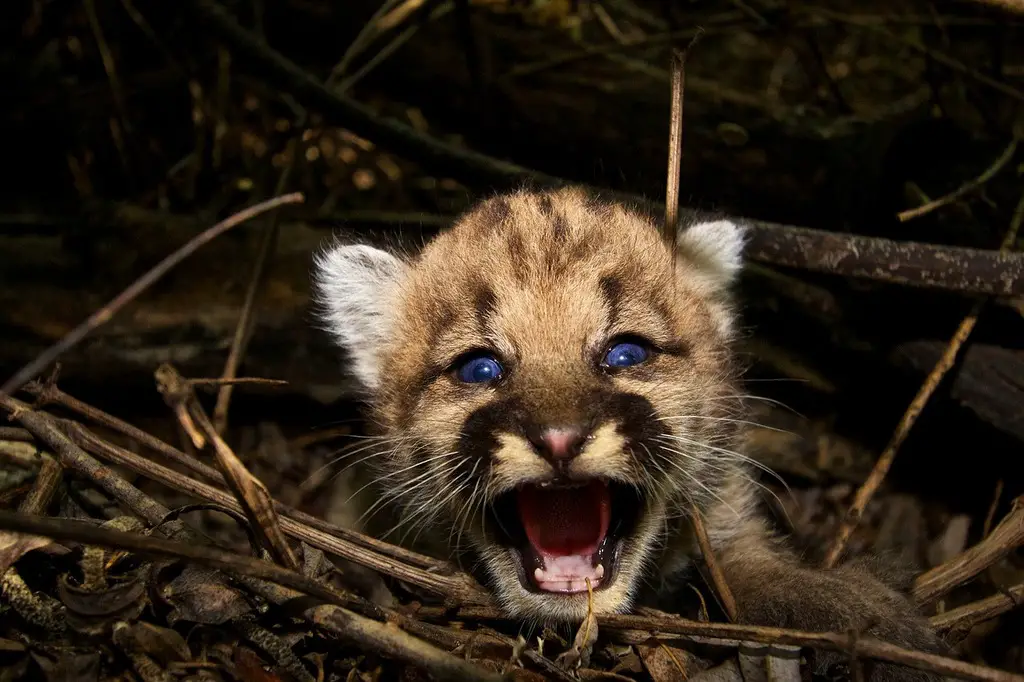
Every group, like any lion pride, occasionally attracts an outsider. This could be a new colleague, a partner of a friend, or just someone who’s trying to break into the circle. Their presence can be refreshing, offering new perspectives and energy. However, it can also cause stress as the group adjusts to the new dynamics.
Integrating an outsider isn’t always seamless. Existing members might feel threatened or uneasy about the shift in balance. This can lead to subtle tests or challenges as the group assesses if the newcomer fits. The key to successful integration, much like lion prides, is patience and open-mindedness. Everyone should give the new person a fair chance to find their place in the group.
5. They Display Protective Instincts
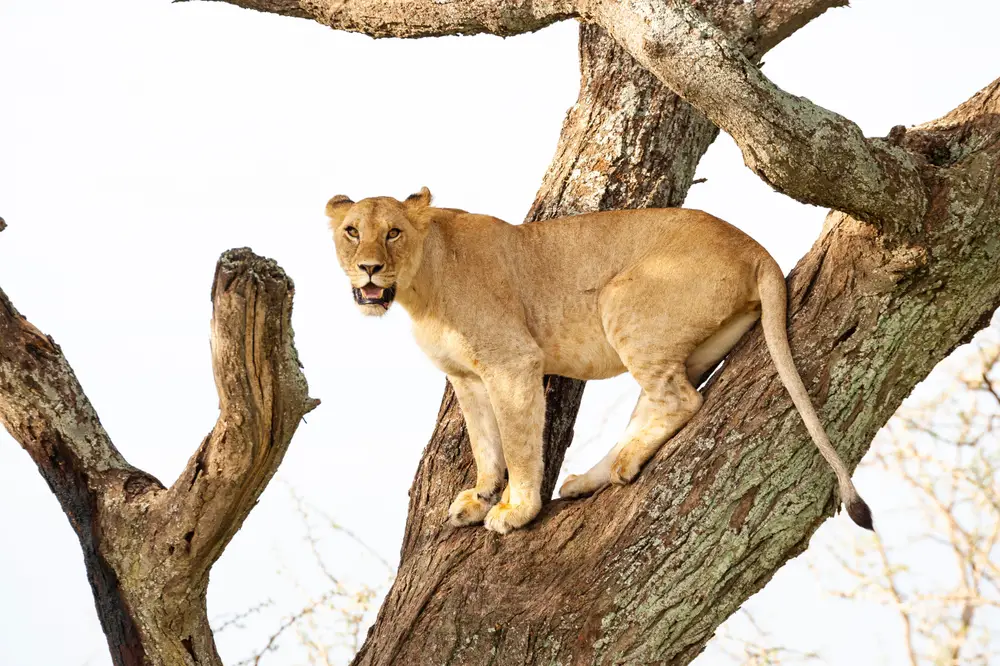
Just as lions protect their pride, friend groups often rally around a member in times of need. This protective instinct might manifest when someone faces a breakup, job loss, or any personal crisis. Friends band together, offering support and ensuring the affected member feels safe and valued. According to Dr. John Cacioppo, a neuroscientist at the University of Chicago, social support is crucial for mental well-being, helping people cope with stress and adversity.
However, this protective mechanism can sometimes backfire. Friends might become overbearing, suffocating the person they’re trying to help. A balance between support and space is essential for effective aid. The goal is to empower the person in need, not overwhelm them with assistance. Just like in a pride, each member needs the freedom to handle situations in their own way.
6. There’s Silent Rivalries
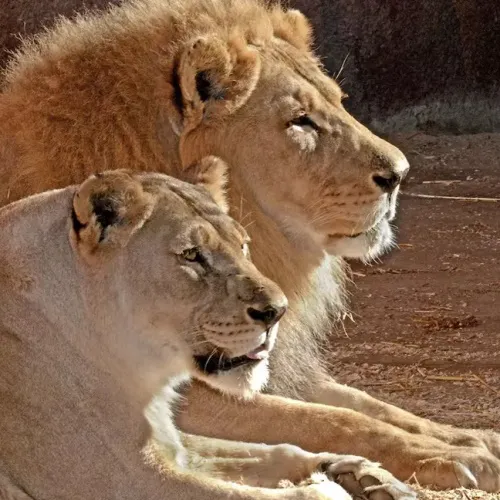
Even the closest groups aren’t immune to competition and rivalry. Among lions, tensions can rise over dominance and resources, and your friend group is no different. Silent rivalries might simmer beneath the surface over trivial matters like who gets the most attention or who excels at work. These unspoken competitions can create underlying friction, even when everything seems fine on the surface.
In human groups, these rivalries often remain under wraps, with people outwardly supportive while internally competing. This can lead to passive-aggressive behavior or gossip, subtly disrupting the group’s harmony. Addressing these issues head-on can prevent future blowouts. Open communication and acknowledging each other’s strengths can help alleviate the tension. Just like lions need to share resources, your group needs to learn to celebrate each other’s successes.
7. There’s Communal Decision-Making
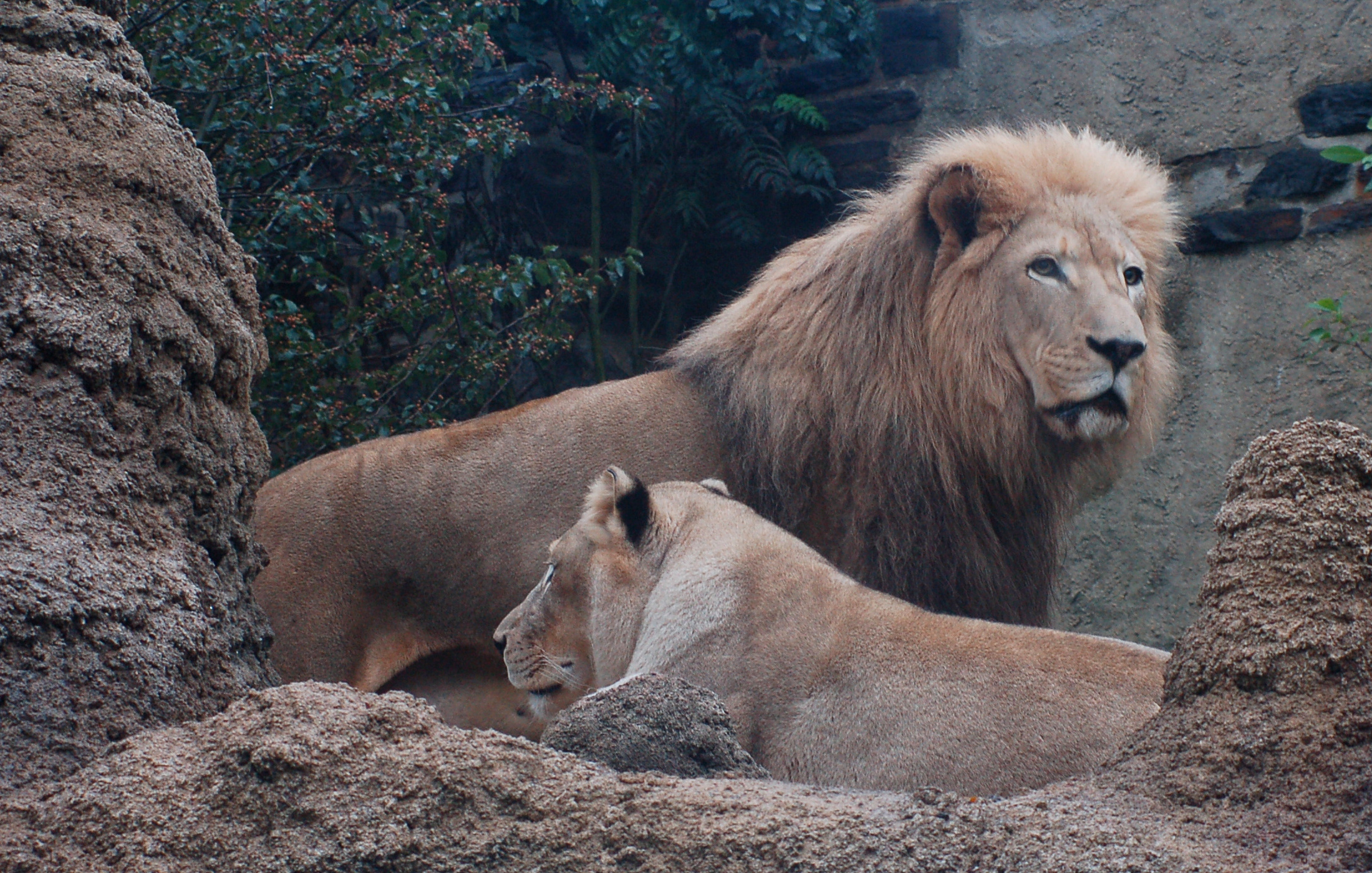
Decision-making in a group often mirrors the collective approach seen in lion prides. Everyone gets a say, or at least they’re supposed to, in planning events or making big decisions. This democratic approach ensures all voices are heard, promoting inclusivity. However, it can also lead to stalemates and indecisiveness, with no clear leader to break the tie. Research by Dr. Robin Dunbar, an evolutionary psychologist, suggests that cooperative decision-making can enhance group cohesion, even if it takes a bit longer.
Sometimes, the process can be frustrating, as opinions clash and preferences differ. It’s essential to find a balance between democratic decision-making and decisive action. Too much debate can bog down plans, leaving the group at a standstill. Encouraging a few people to lead the charge, while considering everyone’s input, can streamline the process. Like a pride must decide when to hunt, your group needs to eventually move forward.
8. There’s Territory Disputes

Territory is crucial for a lion pride, and surprisingly, it matters to your friend group too. Whether it’s claiming a favorite spot at the local café or deciding whose house becomes the default hangout, territorial instincts run deep. These disputes might seem trivial but can reveal deeper dynamics within the group. The key lies in compromise and recognizing that space can be shared without conflict.
When someone feels their territory is being encroached upon, it can lead to resentment. These feelings might manifest in passive-aggressive comments or a refusal to participate in group activities held in the “wrong” place. Recognizing these territorial instincts can help the group find common ground. Rotating locations or creating shared spaces can ease tensions and promote harmony. Every pride needs a stable base, and so does your friend group.
9. There’s Playful Competitions
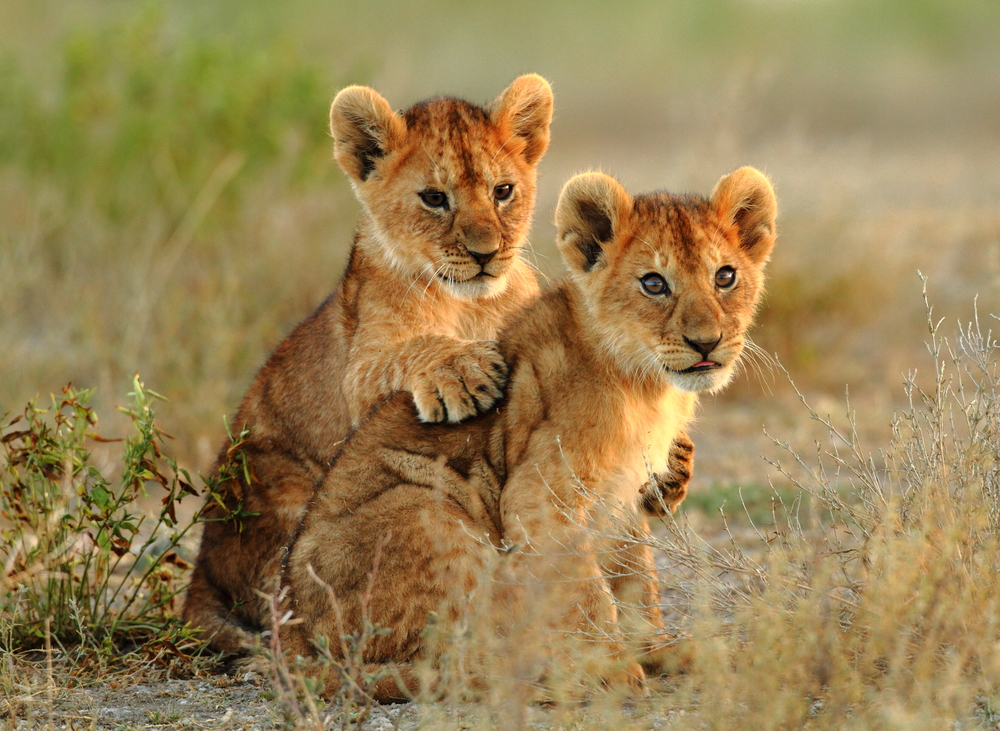
Just as lion cubs roughhouse to hone their skills, your friend group engages in playful competitions. Whether it’s trivia night, board games, or sports, these activities bring people together while sparking a little friendly rivalry. These competitions can be a great way to bond and blow off steam. They offer a chance for everyone to showcase their strengths and learn more about each other.
However, not everyone handles competition gracefully. Some might take things too seriously, turning a fun game into a tense showdown. These moments can quickly shift from playful to prickly if not managed well. It’s crucial to keep things light-hearted and remember the primary goal is fun and connection. Like lion cubs, your group should focus on the joy of play rather than the outcome.
10. There’s Invisible Bonds
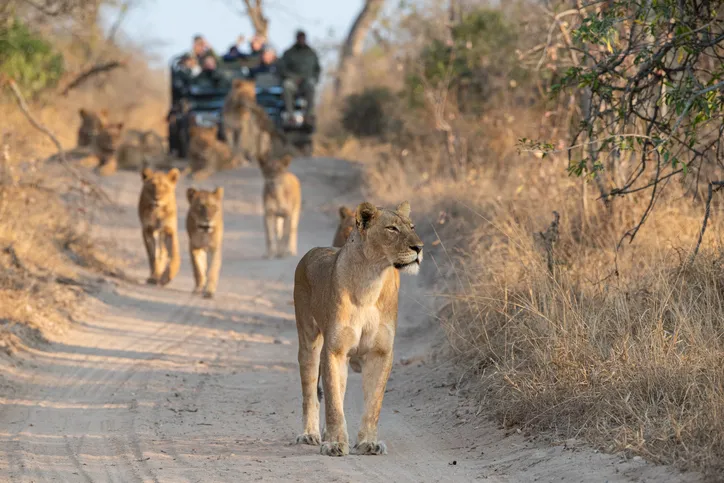
In both lion prides and friend groups, there are invisible bonds that hold everyone together. These might be shared experiences, inside jokes, or mutual friends that link the group. These connections are the glue, providing a sense of belonging and unity. They often go unnoticed until they’re tested, revealing just how strong they truly are.
However, invisible bonds can also be fragile, easily weakened by neglect or misunderstandings. When these ties aren’t nurtured, they can unravel, leading to a group drifting apart. Consistent communication and shared activities help maintain these connections. Much like a pride relies on its members, a friend group needs to actively cultivate these bonds to stay strong. Acknowledging and appreciating these ties ensures they remain unbroken.
11. There’s Seasonal Phases
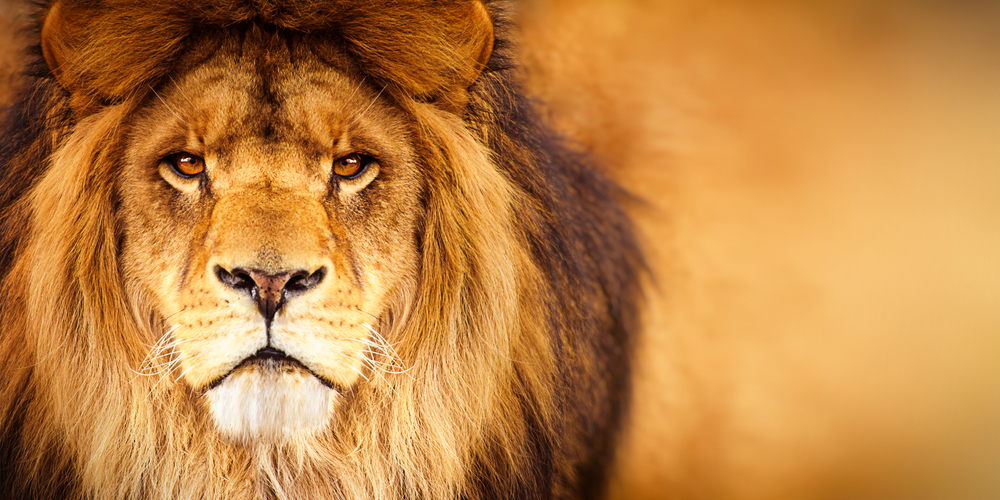
Just as lions must occasionally hunt for new resources, your friend group might go through phases of seeking new experiences or people. This scavenging might involve exploring new activities, trying out different hangouts, or meeting new friends. It’s a natural part of keeping the group dynamic and interesting. These activities refresh the group’s energy and prevent stagnation.
However, this search can sometimes lead to temporary splits or changes in group dynamics. Not everyone might embrace these new experiences, leading to feelings of alienation or division. It’s essential to communicate openly about these explorations, ensuring everyone feels included. Balancing new adventures with familiar routines helps maintain the group’s core stability. Like a pride’s hunt, your group must adapt while maintaining its unity.
12. There’s Unpredictable Moods
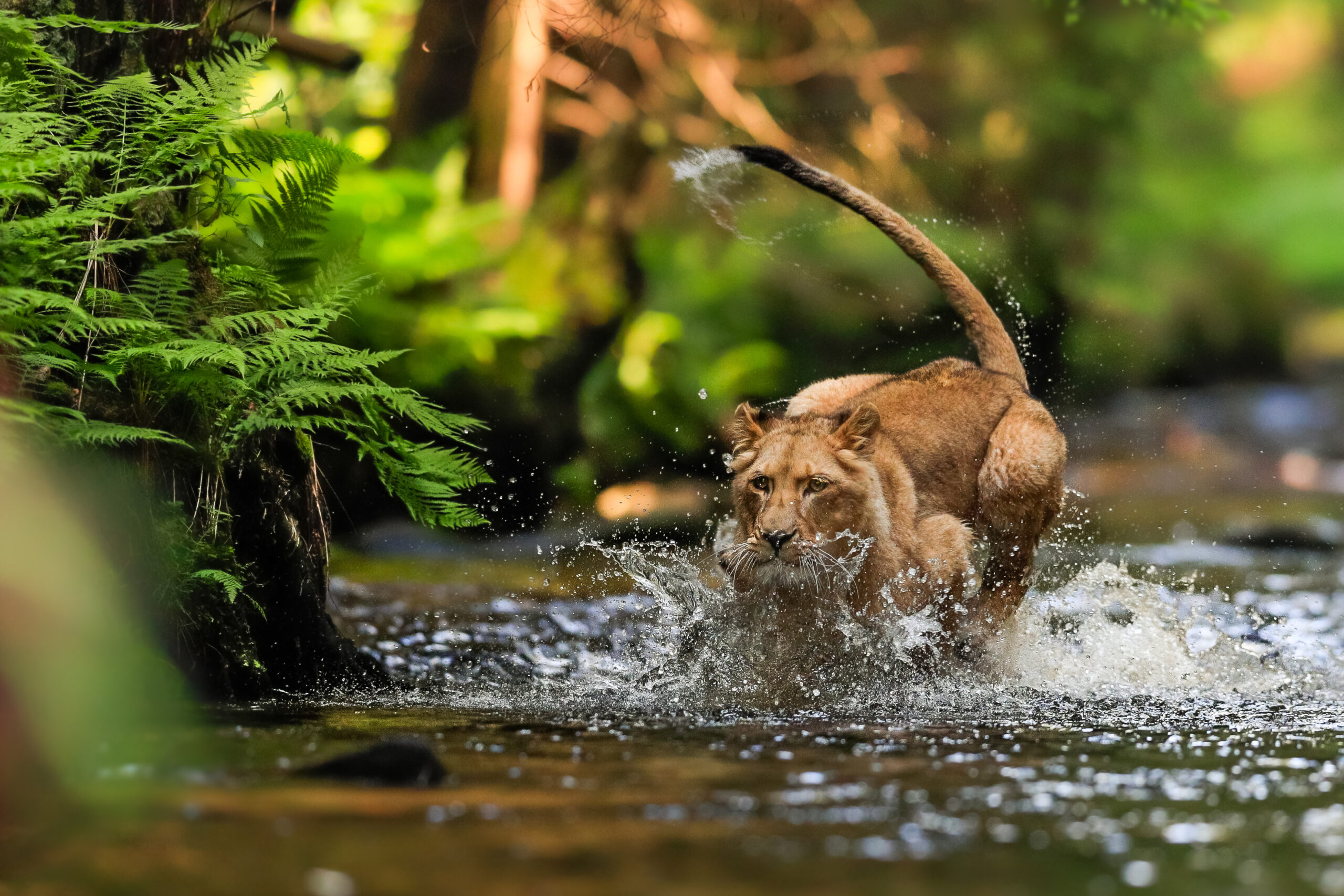
Anyone who has spent time around lions knows they can be unpredictable, and your friends are no different. Emotions can run high, with moods swinging from joyous to tempestuous in a heartbeat. These fluctuations can catch the group off guard, leading to misunderstandings or conflicts. Navigating these emotional shifts requires patience and understanding from everyone involved.
One person’s bad day can ripple through the group, influencing the overall atmosphere. It’s vital for everyone to be empathetic and supportive during these times, allowing space for emotions to be expressed. Open communication and a willingness to listen can help the group weather emotional storms. Just like a pride must deal with each member’s quirks, your group should learn to accommodate these mood swings gracefully.
13. There’s Conflicts And Reconciliation
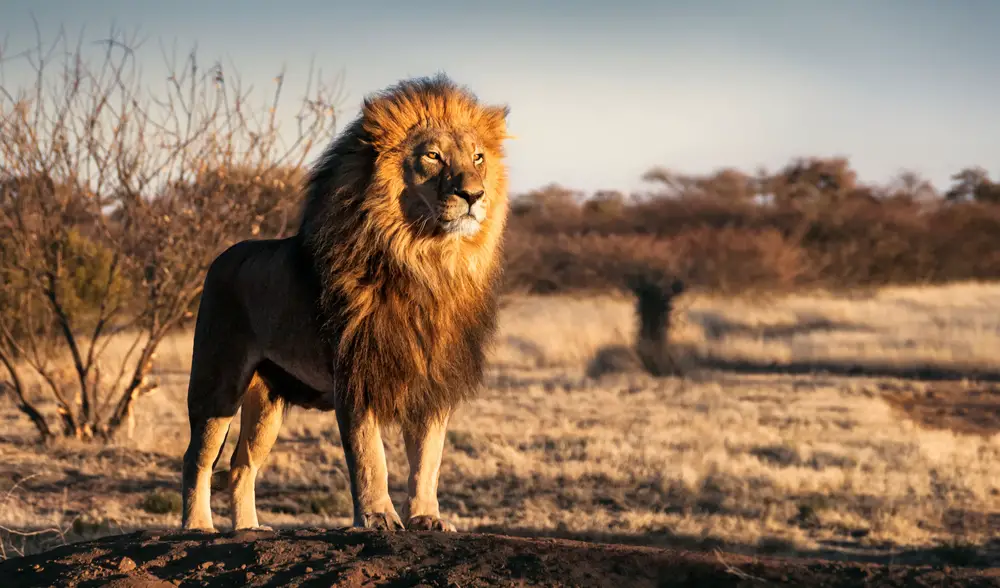
Both lion prides and friend groups engage in rituals of reconciliation after conflicts. These might involve apologies, peace offerings, or shared activities to mend fences. Such rituals are crucial for maintaining harmony and ensuring grudges don’t fester. They reinforce the bonds within the group, reminding everyone of their shared history and common goals.
But reconciliation isn’t always easy, requiring humility and a willingness to forgive. It can be challenging to move past disagreements, especially when emotions are involved. However, making amends is essential for the group’s long-term health. Just like lions who nuzzle after a spat, your group should prioritize healing and moving forward together. Embracing these rituals strengthens the group, readying it for future challenges.

